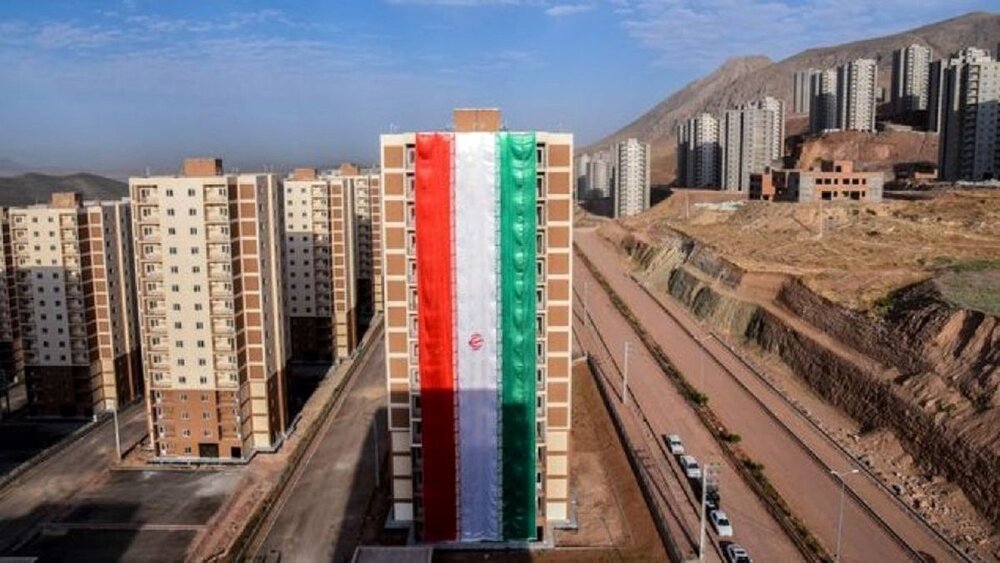National Housing Action Plan costs unchanged

TEHRAN – Iran’s Deputy Transport and Urban Development Minister for Housing and Construction Affairs Mahmoud Mahmoudzadeh has said that the construction costs for the National Housing Action Plan are set based on the current year’s construction material price list and haven’t changed.
Mahmoudzadeh made the remarks in response to some rumors about the rise in the prices of such housing units as a result of the increase in construction costs, IRNA reported.
The National Housing Action Plan aims to construct 400,000 small and medium-size apartments (70-100 square meters in size) across the country and particularly in Tehran, where housing prices have risen most sharply.
Nearly half of the total number of the said houses will be constructed in Tehran’s suburban “new towns” such as Parand and Pardis, respectively located in the west and east of the city.
Earlier this month, the Governor of the Central Bank of Iran (CBI) Abdolnaser Hemmati and the Transport and Urban Development Minister Mohammad Eslami held a meeting to discuss ways of financing the mentioned plan in the upcoming Iranian calendar year (starts on March 21).
In the meeting, which was also attended by the managing directors of some of the country’s banks as well as the representatives of the Transport Ministry, Hemmati called on banks to participate in this plan and to provide housing facilities for improving the housing market.
The CBI governor emphasized his bank’s strong support for the implementation of the government’s housing-related plans and asked the bank directors to participate in such programs.
“It is essential that banks participate in housing-related programs as much as they can,” he stressed.
Underlining the capacities of the country’s banking system for financing such programs, Hemmati stated: “The power and capacities of private and public banks can be used to finance the National Housing Action Plan.”
It was also decided in this meeting to discuss new strategies for the country’s banks' cooperation in the National Housing Action Plan as well as other housing-related programs, such as the formation of land and housing funds by banks, and to review the results in a joint meeting between the two government bodies.
The Transport and Urban Development Ministry is going to provide the land for the National Housing Action Plan and will also supervise the construction by enlisting private sector construction firms who will bid for contracts that entitle them to receive state loans and subsidized building materials.
In addition to creating new jobs, providing housing to low-income families could also help alleviate economic hardship, especially if the government’s assistance can help inflation-hit renters become homeowners.
The first phase of the plan, which was started in August 2019, was completed in May 2020.
EF/MA
